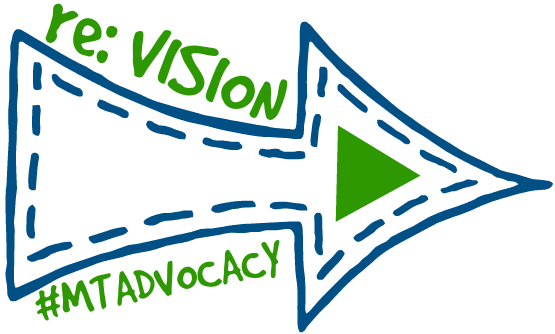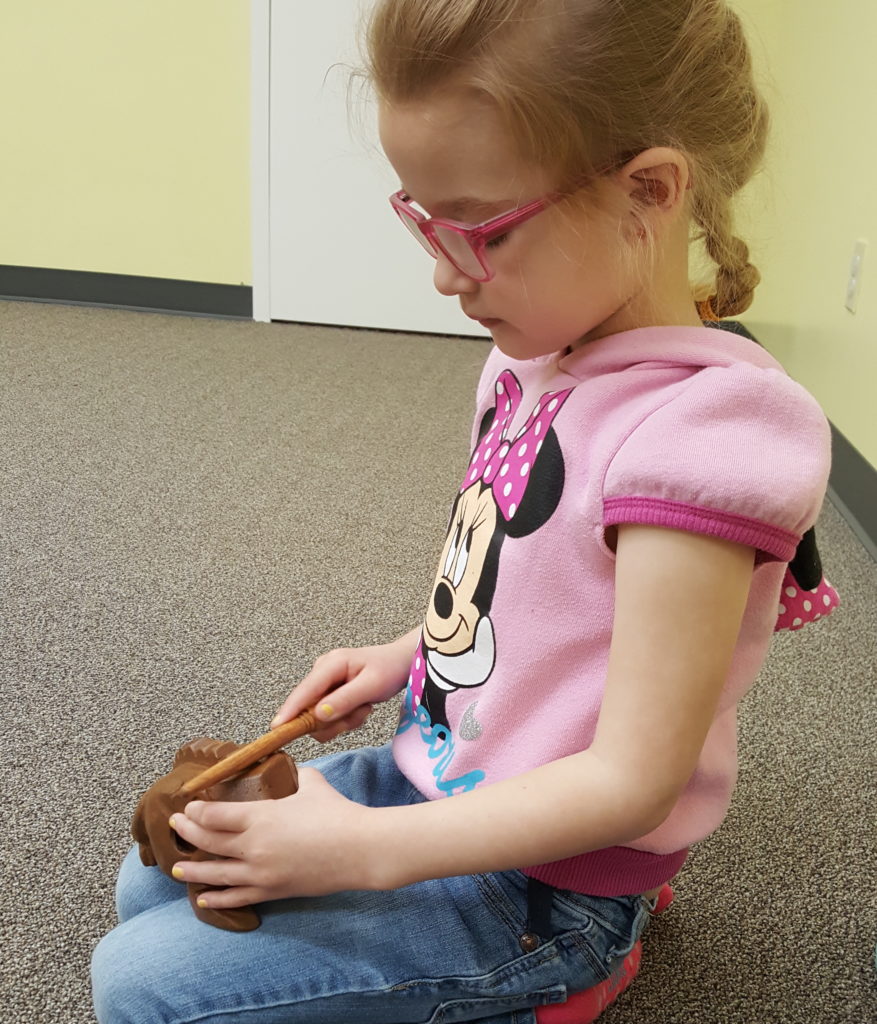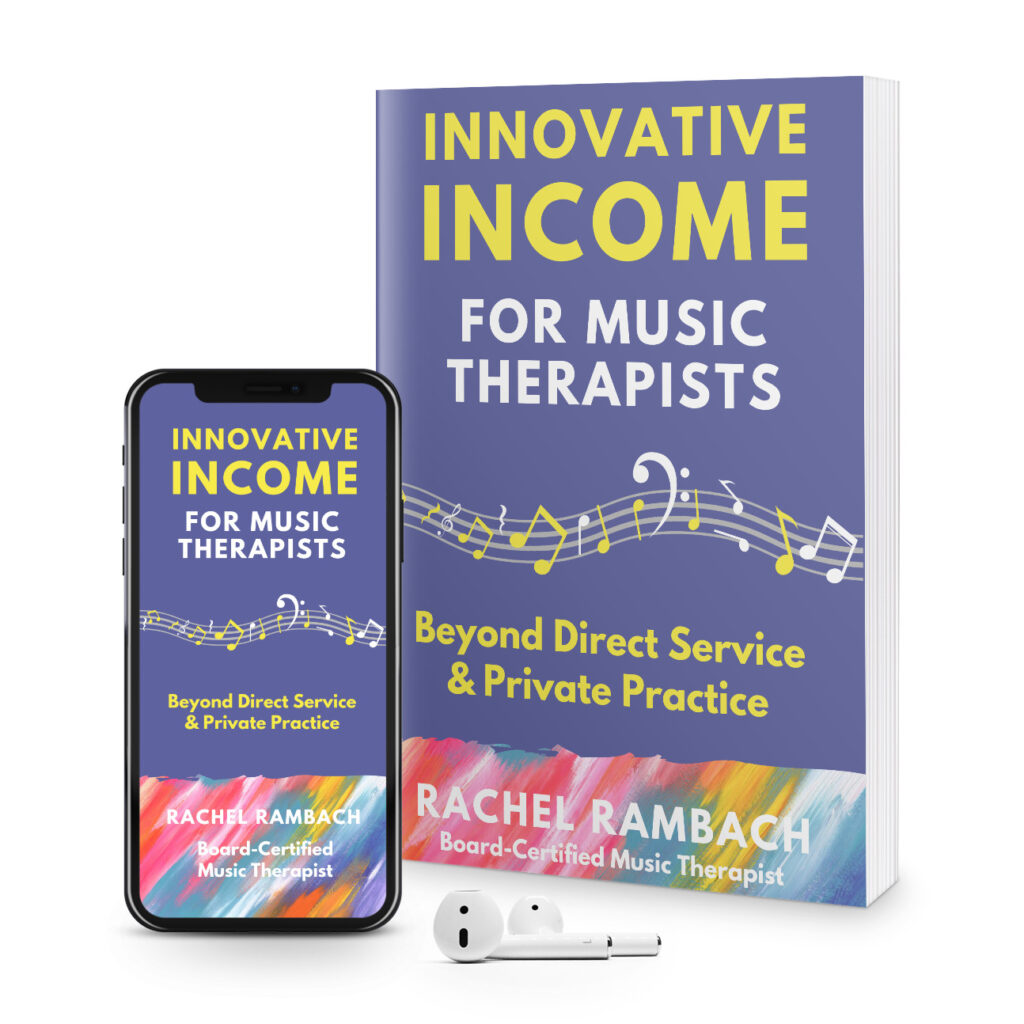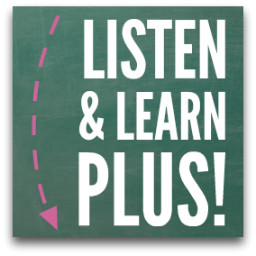January is Social Media Advocacy Month in the music therapy world! This year’s theme is re:VISION, and many bloggers, including myself, are sharing our own stories about how we advocate for music therapy.
For the first 7 years as a practicing music therapist, my work has been contained within schools, facilities, and my home private practice. But this past year, I had the unique opportunity to change that by moving my private practice into a very public location.
No longer is my presence known only to my clients, their caregivers, administrators, and the occasional visitor; it is now visible to the community at large. The Music Therapy Connections private practice and teaching studio is now located inside of a well-respected and highly-trafficked music store here in Springfield.
Just by going to work, I am spreading the word about music therapy. I meet new people at the store every day, and naturally they are curious about what I do. The management and staff at the store are familiar with our work now as well, and will frequently bring customers by our studios to explain our services.
We are now receiving more new client referrals than ever before, and I have no doubt that taking music therapy “mainstream” has a lot to do with that. But there are SO many ways to be an advocate for music therapy beyond doing your work in the public eye.
If you’re a music therapist yourself:
- Develop your music therapy “elevator speech” and give it. Often.
- Share information about the work you do with friends and colleagues in related fields.
- Give our your cards and brochures to anyone and in anyplace you think might benefit from music therapy.
- Seize every opportunity to participate in fairs, expos, and other public events.
- Take to social media! Use and follow the #mtadvocacy hashtag on Twitter, Facebook, and Instagram to stay current with the latest happenings.
If you have benefited from music therapy or know someone who has:
- Spread the word about what music therapy can do.
- Share music therapy success stories with your healthcare providers and other professionals.
- Support and attend music therapy-related events and programs. Invite your friends.
- Give referrals to others who you think may be able to benefit from music therapy.
2015 is a very exciting year for our field, as there some big changes in effect! Read about them below, and be sure to visit the Music Therapy State Recognition website for more posts about #MTadvocacy throughout the month of January.
As the profession of music therapy has been moving forward with recognition at the state level, it has been identified that a document was needed to reflect a similar format to other health care professional organizations’ Scopes of Practice. CBMT and AMTA worked together to create a Scope of Music Therapy Practice (2015) for the profession based on published documents from both organizations. This new document entitled Scope of Music Therapy Practice (2015) is available as an educational tool and legislative support document that broadly defines the range of responsibilities of a fully qualified music therapy professional with requisite education, clinical training, and board certification. Click here to read the Scope of Music Therapy Practice (2015).









My son is on the autism spectrum and it is amazing how he responds to music. Will spread the word. :)
Thank you so much, Melanie!